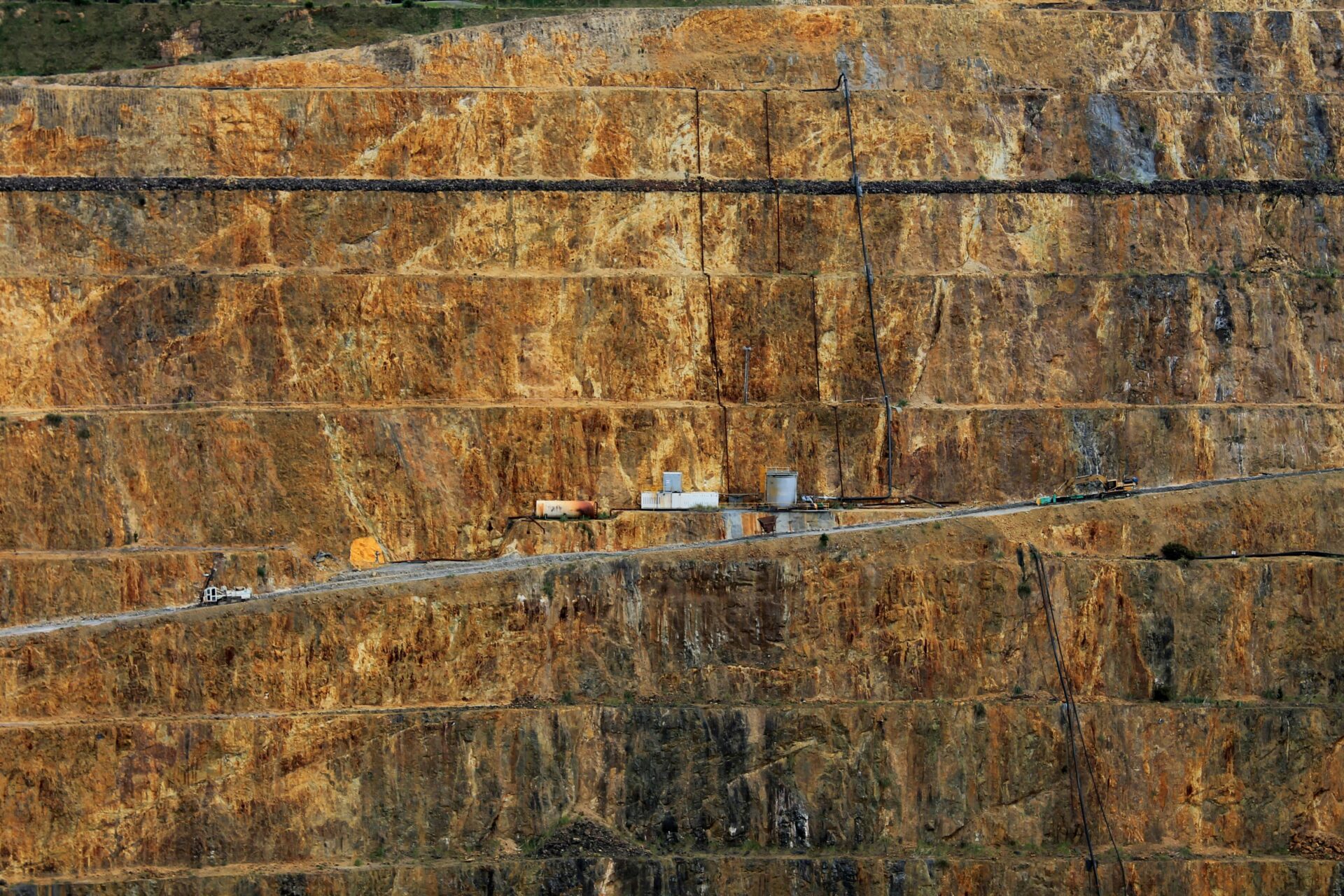
The Future of Mineral Rights in the Age of Renewable Energy
January 23, 2025 - Ellie Gabel
Revolutionized is reader-supported. When you buy through links on our site, we may earn an affiliate commission. Learn more here.
Mineral rights are vital in industrial and supply chain sectors, as they determine who owns and controls access to underground resources like oil, gas and minerals. These resources are the backbone of manufacturing, production and logistics because they ensure the steady flow of raw materials that power industries worldwide. However, the rise of renewable energy reshapes this dynamic.
Technologies like solar panels, wind turbines and electric vehicles depend on critical minerals, sparking a global race to secure these resources. As demand shifts from fossil fuels to renewables, industries must overcome a dynamic resource landscape in which mineral rights take center stage.
The Growing Demand for Critical Minerals in Renewable Energy
The transition from fossil fuels to sustainable energy reshapes the sector, with solar, wind and electric vehicles leading the charge. In the U.S., renewable energy now powers over 21% of the nation’s electricity, showcasing its rapid growth and influence. Paradoxically, this shift depends on non-renewable resources like lithium and cobalt, which are essential for EV batteries and solar panels.
As demand for these rare materials soars, traditional mineral rights are evolving, opening fresh opportunities for industries and landowners to capitalize on the renewables market. With savvy strategies, stakeholders can pivot to meet this new demand and ensure growth.
Challenges in the Transition to Renewable Energy
The global race for critical minerals is replete with geopolitical and ethical challenges that demand attention. A few countries have the lion’s share of rare earth minerals, making supply chains vulnerable to political and economic tensions. At the same time, mining these materials poses environmental risks — like deforestation and increased carbon emissions — alongside ethical concerns like unsafe labor practices and child exploitation.
The mining industry now finds itself at a pivotal moment as it strives to meet surging demand for minerals while addressing the impacts of climate change, including droughts, heat waves and biodiversity loss. The companies that emerge as leaders will find ways to overcome complex sourcing challenges for industrial and supply chain sectors while embracing sustainability and ethical transparency as nonnegotiable.
Legal and Regulatory Frameworks for Mineral Rights
Governments and industries are stepping up to support renewable energy initiatives. They craft policies prioritizing the critical minerals needed for technologies like solar panels, wind turbines and electric vehicles. In the U.S., all 43 states that produce oil or natural gas have implemented taxes or fees on production, with ad valorem taxes as a crucial factor. These taxes — tied to the assessed value of mineral sources — directly impact mineral rights holders by fluctuating alongside market conditions.
Innovative mineral rights agreements are emerging as sustainable energy influences resource demand, including shared ownership models and land-use rights for renewable installations. These developments create opportunities for industries to adapt while ensuring fair revenue distribution and sustainable resource management.
Opportunities for the Industrial and Supply Chain Sectors
Industrial and supply chain professionals can thrive during the renewable energy transition by adopting forward-thinking strategies. Diversifying sourcing helps reduce reliance on specific regions for critical minerals, strengthening supply chain resilience.
Circular economy practices — such as recycling and repurposing materials — improve efficiency and profitability and align with global sustainability goals by cutting waste and conserving resources. Investing in sustainable mining technologies can minimize environmental impact while meeting the growing demand for minerals.
Additionally, forming strategic partnerships and ensuring transparency in mineral sourcing builds trust and ensures ethical, sustainable practices. Embracing these approaches allows professionals to stay ahead of the curve while driving profitability and sustainability.
Overcoming Change With Knowledge and Action
To remain competitive, industrial and supply chain professionals must stay informed about evolving trends in renewable energy and critical minerals. Proactively adopting sustainable practices and innovative strategies ensures long-term success.
Revolutionized is reader-supported. When you buy through links on our site, we may earn an affiliate commission. Learn more here.
Author
Ellie Gabel
Ellie Gabel is a science writer specializing in astronomy and environmental science and is the Associate Editor of Revolutionized. Ellie's love of science stems from reading Richard Dawkins books and her favorite science magazines as a child, where she fell in love with the experiments included in each edition.







